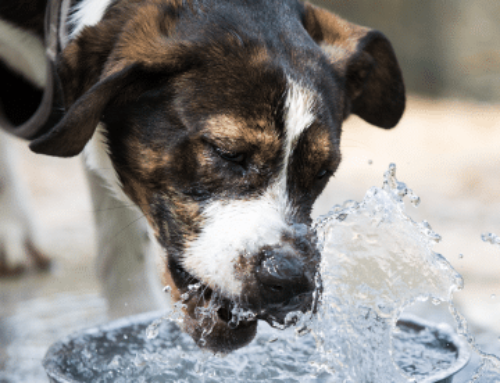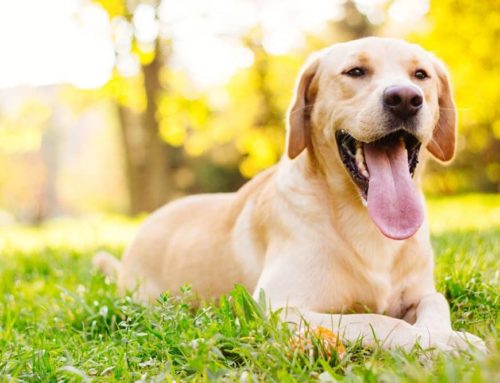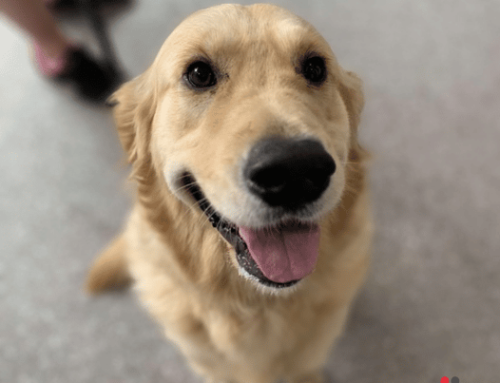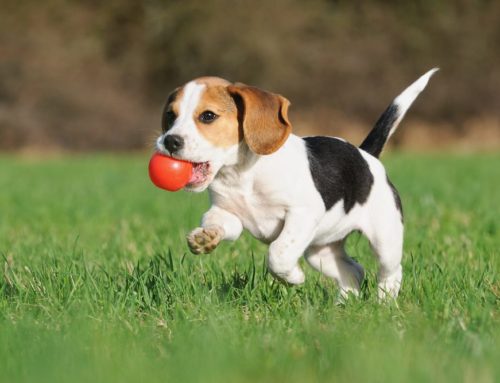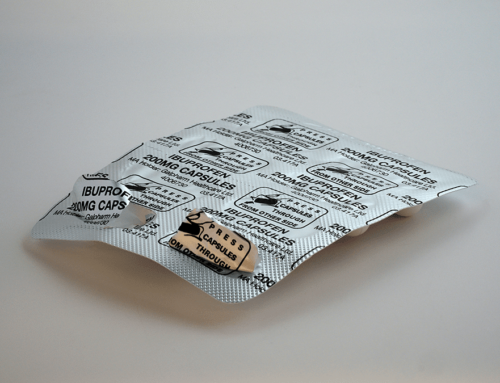We all love our furry friends just like real children, so it’s essential to keep your pets safe by ensuring your home is ‘pet proof’. Even if you think your home is completely safe for your cat, dog, or another animal, we’ve put together some things you may have overlooked.
Treat Your Young Pets Like Children
You probably already do, but for your pet’s safety, it’s best to remember that your pet probably won’t think before doing something that could cause injury or even death. Take a look around your home and check if you need to fix some of the following:
- Access to high balconies and/or open windows without proper screens.
- Electrical cords that little kittens or puppies can chew on.
- Pet’s being left alone with heaters.
- Loose plastic bags as well as open bins.
A good rule of thumb is that young pets (and misbehaving larger ones!) will put pretty much anything they can in their mouths. So make sure you take a good look around what is accessible in your home, especially if you will leave your pet alone in your home.
Those were some good things to keep in mind for younger pets all-around your home, and here are some other important safety tips for specific areas of your home:
Garages and Sheds
Cats and dogs love to get into garages and sheds, and these areas can present unique dangers to your pets. For example, cats love to nap on warm engines and are known to sleep in car wheel arches, so make sure you check them before driving off.
The biggest danger for your pets, however, is from products you normally keep in the shed:
- Dogs will eat snail pellets as well as rat poison, so make sure you don’t leave any out.
- Make sure any antifreeze and windscreen washer has lids on or is stored out of reach, as pets love the taste of it.
- Store other chemicals and fuel out of reach of your pets.
Kitchens, Laundries and Bathrooms
There are several dangers that you need to look out for with your small pets in these areas of your home:
- Make sure you don’t leave your stovetops unattended.
- Keep all of your food away in your cupboards/pantry.
- Store all chemicals safely and securely.
- Close your toilet as well as the washing machine and wash basket. Young pets can fall in and get trapped.
In the Backyard
Make sure if you have a new pet to check your yard to make sure it is secure. Remember, as your pet grows, it may also be easier for your pet to escape, so be aware of any potential escape points.
Check your garden, too, as some plants are hazardous to pets, such as Brunfelsia, Lilies, Ivy, Oleander, Azalea, Foxglove, Hydrangea, Morning Glory, Nightshade, Rhododendron, and Yew.
Lastly, be careful with choking hazards around your pet, such as strings, ribbons, or even hooks and other protrusions that can catch on your pet’s collar and potentially choke them. Just think of any new kitten or puppy as a baby and remove as many potential dangers as you can.
Hopefully, this list helps you keep your home pet safe. If you’re unsure if something may be harmful to your pet, please make sure you consult with your vet at Illawarra Animal Hospital today.


